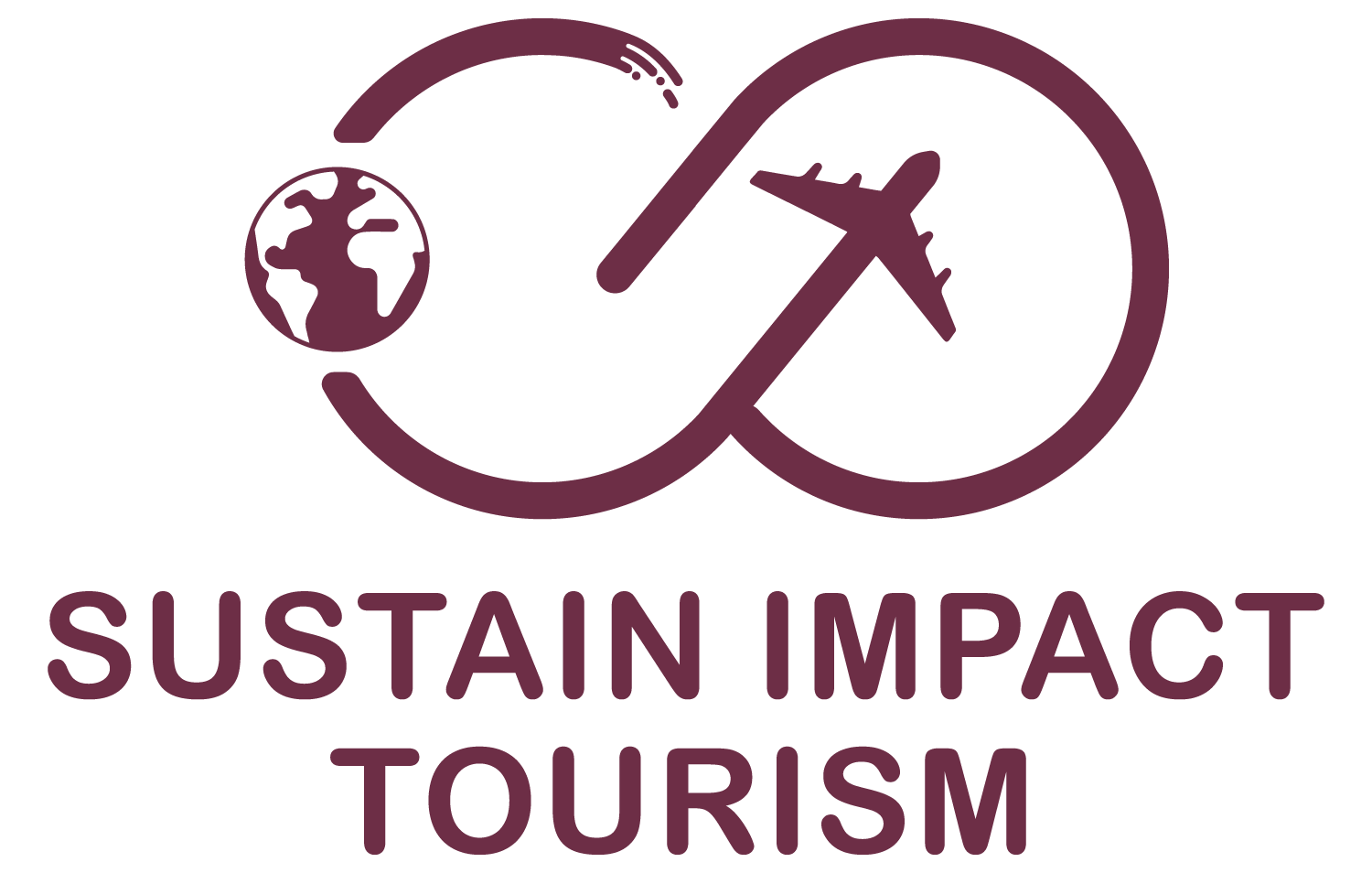CoffeeFest 2024: a Move Towards More Sustainable Coffee
Toasters, baristas, coffee-machine designers, coffee lovers, and other coffee professionals met on the 17th February 2024 in Madrid to celebrate the third edition of CoffeeFest. Coffee is a fascinating beverage that has revolutionised our society since centuries ago. In the past, cafés were the meeting point of writers and politicians (with the name of cafés and their habits well recorded in history), then it became the leader in the revolution for better working conditions in coffee producing countries (fair coffee), and now it continues pioneering in sustainability (in the real sense of the world, environmental, economic, and socio-cultural).
However, why should sustainable tourism professionals care? Coffee is part of our day-to-day life at home, but also on the road. There are travellers who specifically choose their accommodation or even travel destination based on the quality of the coffee it is famed for. Coffee producing countries have their whole tourism product built upon the single product with exclusive stays in coffee farms, explanation of the farming process, and workshops to make personal coffee or produce from coffee. “Coffee Culture, Destinations, and Tourism” has been a point of research for decades, pioneering by countries like the UK, Australia, the Netherlands, and now expanding to the rest of the world with the speech of light.
Exploring the Impact of Women in Sustainable Coffee Production
The IWCA (International Women Coffee Association) gave a fascinating and eye-opening speech on the role of women in the coffee industry. While women are an essential part of the production process, a few main challenges were brought up to the attention of the listeners - only minority of women are farm owners, toasters, and baristas. Just like in the tourism industry in general, women occupy the lower paying positions and depend on men for decision-taking. In fact, around 70% of agricultural labor within coffee cultivation is undertaken by women who are nonetheless confronted with less resource access compared to male counterparts.
However, the work done by women is absolutely essential, especially in light with the demand of the industry for quality beans and sustainability. Within several regions renowned for their coffee crops, it falls upon women to oversee harvest activities as well as post-harvest procedures that encompass bean selection, cleaning, and desiccation.
Furthermore, the infusion of female perspective into sustainability ventures tends to emphasize enduring communal stability alongside ecosystem preservation. Such initiatives bolstering female growers have been linked with productivity enhancements up to 25%, income increases by about 20%, plus investments back into communities surging by approximately 10%. This happens because, as evidence suggests, enhanced control over financial resources enables these industrious women producers not only enrich their households but also invest profoundly more than men do back into local spheres.
So, how can we support women? Fair coffee production stand as a basis for economic parity and the pursuit of social justice within coffee farming. By establishing financial safety nets with minimum price guarantees, fair trade measures secure a dependable income stream fundamental for fostering their monetary autonomy. Inclusive support for female cultivators also includes access to educational resources and medical care - indispensable pillars that empower women on both the home front and in the government. Childcare infrastructure enhancements and strategic responses targeting domestic violence prevention are but examples reflecting how empowered female producers diligently advocate for holistic communal well-being once platforms emerge.
While a lot of effort rightly goes to female producers, it is essential not to forget that there are other links in the value chain where female participation suffers. More specifically, there are a very few toasters and professional baristas attending international competitions.
Sustainable Coffee - CoffeeFest edition
The practice of sustainable brew extends its influence well beyond ecological advantages, both in coffee-producing and coffee-selling countries. The CoffeeFest itself brought up some good practices to follow and companies that pioneer them. Some that stood out for me were:
Roasting is generally the first process that importing countries get to be involved in. Sustain & Impact Tourism had a nice chat with Green Coffees, coffee roasters who put sustainability at the heart of their work. Not only do they focus on the societal and quality aspect which are by default required by specialty coffee consumers (an ever-growing number), but they also look for ways to reduce their partners’ environmental impact. They work with Coffee Kreis which transforms the rests of coffee into sustainable cups and alike.
The choice of technology for cafés is ever-increasing. There were two examples exposed in the CoffeeFest: a low-energy consumption coffee machine and a robot hand able to brew the perfect cup of coffee.
Water and milk (optional) are two key elements of the perfect cup of coffee. Water is so important, in fact, that baristas often buy or purify their water to make sure that it has all the right qualities. BWT is a water purification machine that avoids the use of plastic while assuring the highest quality of water. As as for the milk… Asturiana, a Spanish B-corp milk producer presented its products. They remain faithful to cow’s milk and create ways to allow farmers from Spain to continue their tradition while protecting the environment and, most importantly, the well-being of the cows themselves. Another company to show their products, working towards a more sustainable world is Oatly.
Once the coffee is drunk, we are not only left with a smile on our faces, but also with leftovers (the coffee beans). At home, it is the perfect leftover for composting or creating body scrub, but in cafés or companies? The sheer amount produced requires different solutions, such as the already mentioned Coffee Kreis. Unfortunately, there are still organisations that use capsules and unless they are opened and properly recycled, neither the beans nor the aluminium gets to return to the system. Recycap is a company that developed a system for home users and companies to facilitate the recycling of materials post-using coffee.
Bringing more sustainability into each step of the journey is the key. Without it, cafés can only dream of bringing better coffee to their consumers. However, let’s not underestimate the role of cafés themselves - they are the aggregators which with their negotiation power and smallest of choices bring financial resources and attention of the greater market to all the effort done prior to that perfect cup of coffee.
In conclusion, the quest for a sustainable coffee industry extends beyond environmental conservation. It is essential to strengthen the position of women whose contributions are vital to this story, adopt sustainable brew techniques and advancements that encourage a movement towards mindful consumption patterns. Sustainability has an important role every step of the way with the journey beginning at farms and ending not with a satisfied customer, but with reuse of the materials use for the creation of the perfect cup of coffee.
Interested in learning how to make more sustainable coffee? Book your free 30-min discovery call TODAY!

